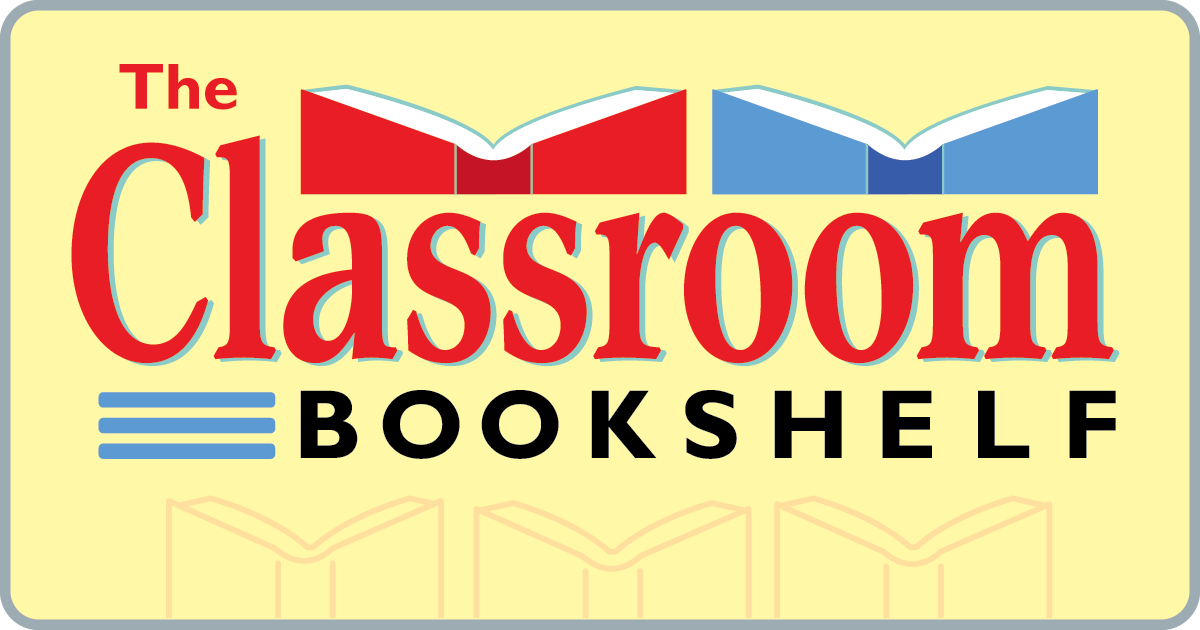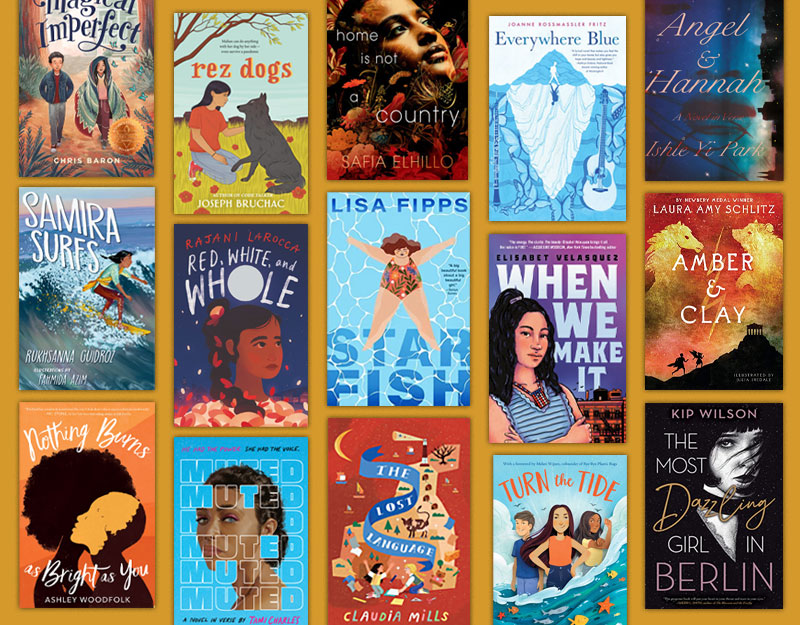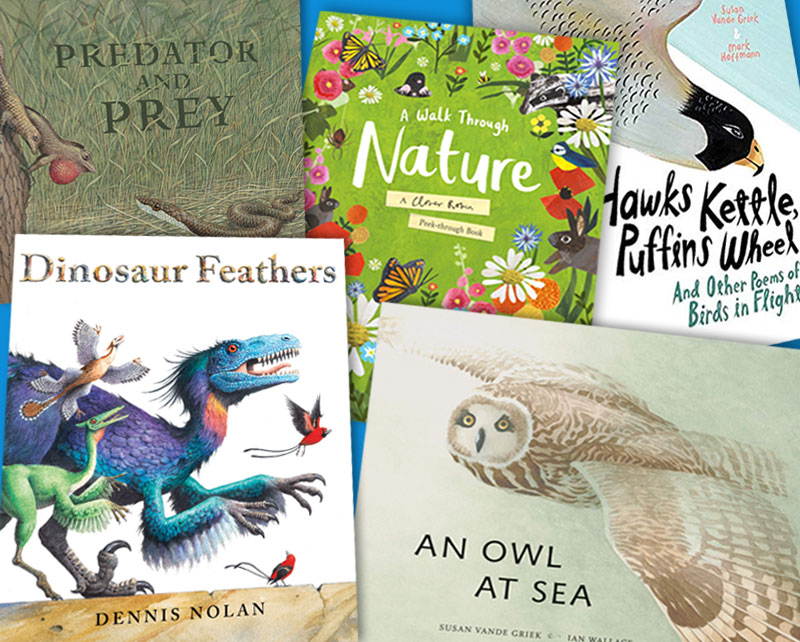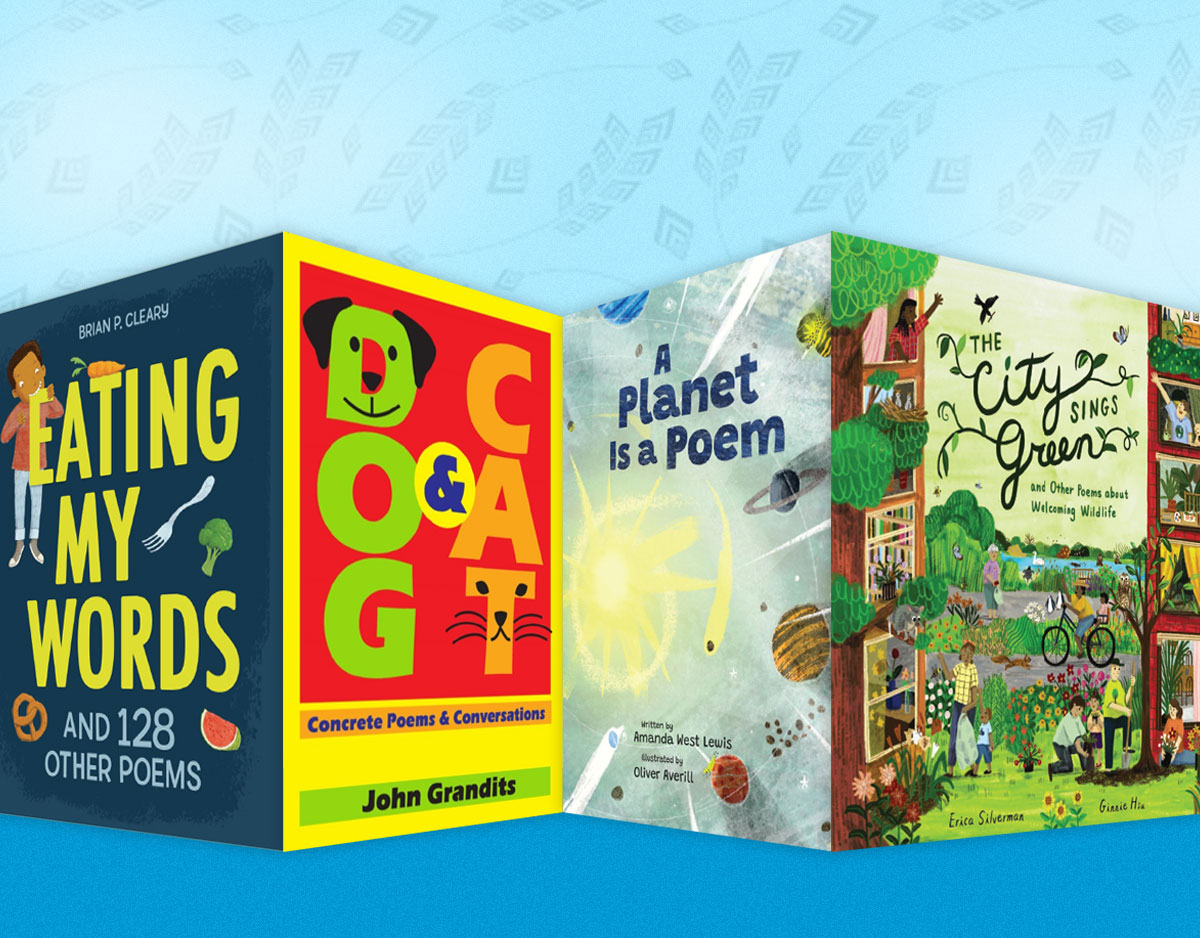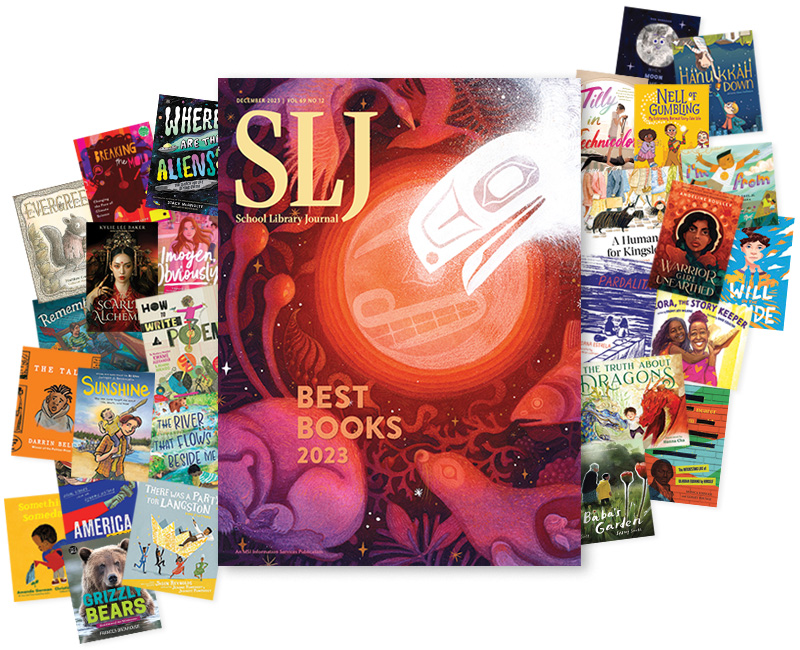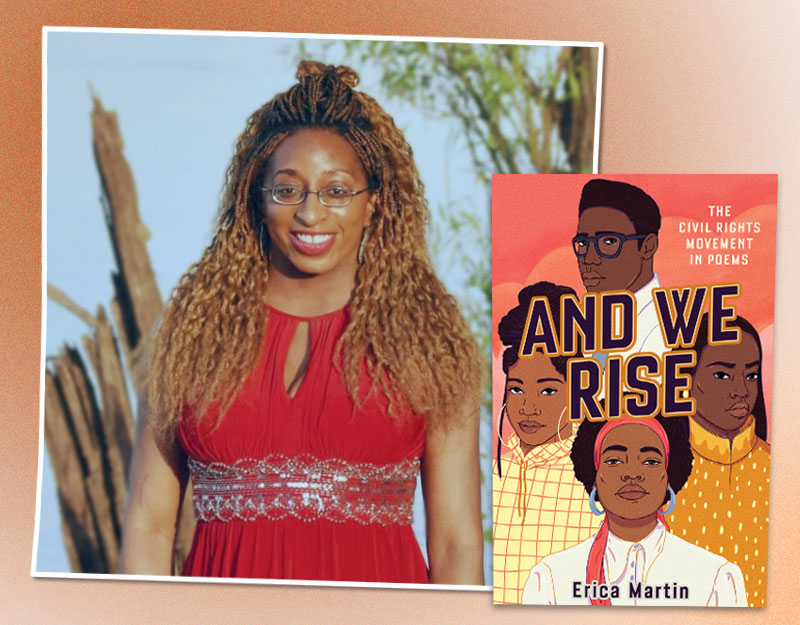Taking Stock and Taking Action to Educate Ourselves and Design Anti-Racist Curriculum
Like the rest of the nation, and indeed the world, we are devastated by the deaths of George Floyd, Ahmaud Arbery, Breonna Taylor, and countless other Black men and women. We stand in solidarity with our African American friends and colleagues, neighbors and students. While we can’t walk in your shoes, we stand beside you. We shake our fists in anger with you. We weep with you. And we recognize that none of that is enough.
From the beginning, the United States of America as a political entity came at the expense of the lives and livelihoods of Indigenous communities and enslaved African Americans. Our work as educators depends upon our ability to teach with a critical lens, to provide young people with the opportunity to learn about and grapple with the systemic racism upon which our nation was built, and to envision a new and stronger version of ourselves. During the ten years that we have been writing this blog, we have sought to include books that represent diverse voices and experiences across all genres. We believe that books have the power to transform lives. This statement might sound like a platitude in the face of brutality, murder, tear gas, and rubber bullets, but we continue to be inspired by the words of Christopher Myers in his powerful essay “Young Dreamers” written following the shooting death of Trayvon Martin:
ADVERTISEMENT
ADVERTISEMENT
“Literature is a place for imagination and intellect, for stretching the boundaries of our own narrow lives, for contextualizing the facts of our nonfictions within constellations of understanding that we would not be able to experience from the ground, for bringing our dreams and fictions into detail, clarity, and focus. Books allow us a bird’s-eye view of our own lives, and especially how our lives relate to those lives around us.” (Myers, 2013)
With current protests contextualized by an ongoing pandemic, our societal disparities and systemic inequities are more visible than ever before to the American population as a whole. With traditional schooling structures disrupted and uncertainty around the shape that PK-12 schooling will take in the fall, we have a responsibility to reconsider what we teach, how we teach, who we teach, and who we are as educators.
We have been taking stock of our collection of posts from the past few years. When we feature a book, we recognize that we are making choices about what we center and inevitably what gets left out. We are reckoning with the imperfections of our process and the ways in which we may have been overlooking important books that serve as gateways to critical conversations about how to interrogate and dismantle systems of racial oppression. We commit to doing more to bring the realities of the present day into our text selections, to center books that directly address systemic inequities, and to identify books that encourage student action and activism. We can do more in our work to become anti-racist educators and we invite you to join us.
As we engage in the work of taking stock of our collection, we urge teachers and literacy leaders to take stock of their classroom bookshelves, to familiarize themselves with books, ebooks, and digital resources that support anti-racist teaching and learning, and to purchase books that interrogate systemic racism in this country and that imagine a better, more human world. Creating more diverse classroom libraries is far from enough. We must take an active and vigilant role to acknowledge systems that work for those with privilege and against groups of people who have been systemically disempowered. The conversations we have with students about books require that we get comfortable with the discomforting truths of privilege. We must become aware of our own implicit biases. And, most importantly, we must take action by speaking up for greater inclusivity in the books that are purchased, read aloud, and put in students’ hands.
Below, we share some online resources for teaching about the Black Lives Matter Movement. We also share links to the books we have featured in the last two years that center characters or figures from Black communities These books include those that celebrate Black characters and communities, books that portray the historical roots of oppression still at work today, and books written and illustrated by #OwnVoices authors and illustrators. There is much work to be done and we commit to doing more.
-Katie, Erika, Grace, and Mary Ann
Tomorrow night, June 4th, at 7 pm EST via Facebook Live, hosted by The Brown Bookshelf:

https://thebrownbookshelf.com/2020/06/02/kidlit-rally-for-black-lives/
Educator Resources for Teaching About the Black Lives Matter Movement
“The American Nightmare,” by Dr. Ibram Kendi, The Atlantic, June 1, 2020
The Antiracist Research and Policy Center of American University, Directed by Dr. Ibram Kendi
Black Lives Matter Foundation: https://blacklivesmatter.com
Black Lives Matter at School: https://blacklivesmatteratschool.com/2019/01/25/the-black-lives-matter-at-school-coloring-book-make-this-years-week-of-action-beautiful/
The Children’s Book Council: https://www.cbcbooks.org/2016/07/12/blacklivesmatter-booklist-for-teens/
Engaging in Community Literacy During Racially Divergent Times, Compiled by Kass and Cornelius Minor
The Horn Book: https://www.hbook.com/?detailStory=our-modern-minstrelsy
National Council of Teachers of English: https://ncte.org/blog/2020/06/ncte-takes-stance-racism/
National Education Association: https://neaedjustice.org/black-lives-matter-school-resources/
School Library Journal:
https://www.slj.com/?detailStory=diversity-cultural-literacy-toolkit
Teaching for Change: https://www.teachingforchange.org/tag/black-lives-matter
We Need Diverse Books: Resources for Race, Equity, Anti-Racism and Inclusion
Recent Classroom Bookshelf Entries that Center Black Characters, Communities, and Experiences
Award Winning Books Remind Young Readers They Belong: Going Down Home with Daddy and Sulwe
Exploring Race, Class, and School Integration with The Long Ride
Poetry as History in The Undefeated
Celebrating Creativity and Childhood with The Patchwork Bike
New Kid by Jerry Craft is a Middle School Must Read
Fast Enough: Bessie Stringfield’s First Ride
Exploring Power, Agency, and The Black Freedom Movement with Never Caught
Coretta Scott King Honor Book, The Parker Inheritance
Filed under: Classroom & Curricular Ideas
About Katie Cunningham
Katie is a Professor of Literacy and English Education at Manhattanville College. There she is also the Director of the Advanced Certificate Program in Social and Emotional Learning and Whole Child Education. Her work focuses on children’s literature, joyful literacy methods, and literacy leadership. Katie is the author of Story: Still the Heart of Literacy Learning and co-author of Literacy Leadership in Changing Schools. Her book Start with Joy: Designing Literacy Learning for Student Happiness will be released September 2019. She is passionate about the power of stories to transform lives.
ADVERTISEMENT
ADVERTISEMENT
SLJ Blog Network
2024 Books from Pura Belpré Winners
Passover Postings! Chris Baron, Joshua S. Levy, and Naomi Milliner Discuss On All Other Nights
Winnie-The-Pooh | Review
Parsing Religion in Public Schools
Crafting the Audacity, One Work at a Time, a guest post by author Brittany N. Williams
ADVERTISEMENT

